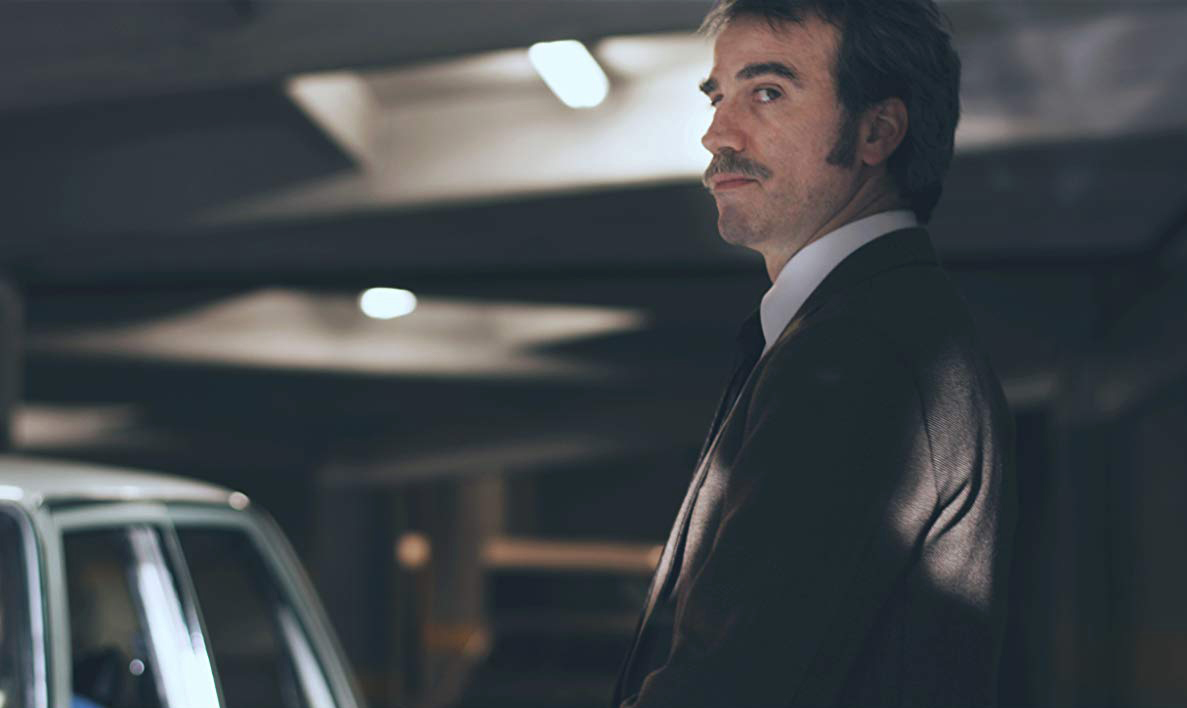
- Golden Globe Awards
The Moneychanger (Uruguay/Argentina)
Making movies in Uruguay is not easy. After all, it’s a market of just 3.4 million people. The first attempt in cinema dates back to 1900 when Catalan producer Félix Oliver made his first silent short. The first feature, Pervanche, is from 1920, but the local film production has been spotty for many years. It was not until 2001, when Pablo Stoll and Juan Pablo Rebella directed 25 Watts, that the country started to build a real industry. It was devoted mostly to independent cinema, often made in coproduction with Argentina.That’s what sets The Moneychanger apart from all the other films from Uruguay. A period piece that goes through three decades in the life of Humberto Brause (Daniel Hendler), it required street scenes set in the 50s, 60s, and 70s and some recreations of life in Montevideo in those times, which equals to a budget that is not usual for the country. That’s why veteran director Federico Veiroj, whose previous efforts were Belmonte, The Apostate, A Useful Life and Acné, had to coproduce The Moneychanger with Argentina and Germany.Based on the novel Así habló el cambista by Juan Enrique Gruber (which is also its original title), the film begins in the 50s when Brause is a young and ambitious guy who starts to work under the wing of moneychanger Schweinsteiger (Luis Machin). He has built a reputation for honesty in a country where exchanging currency is key, due to the strategic location between Argentina and Brazil. Humberto not only becomes his most trusted employee but after he falls in love with his daughter, Gudrun (Dolores Fonzi), he also becomes his partner. The big difference between mentor and protegee is that, while Schweinsteiger has morals, Brause has none, so he is able to make a fortune in a world where corruption in politics is flagrant. Still, some miscalculations force him to lose a negotiation with an obscure captain from Argentina (Chilean Benjamin Vicuña) who is after a huge sum that guerrilla leaders gave Brause some time ago.In an interview with goldenglobes.com this year, Veiroj told us: “the biggest challenge for this movie was to maintain the desire to film it during the seven years it took from the moment I discovered the novel to when we finally could make it. I knew it was going to be a big project in terms of production and setting it up. Luckily, I was accompanied in this journey by Arauco Hernández, who wrote the script with me and was also the DP.” And Hendler, the most recognized film actor from Uruguay who also has a long career in Argentina, told goldenglobes.com at the Toronto Film Festival about becoming Brause: “I had to deal with technical difficulties. I used false teeth that changed my way of talking and also my physical posture. In the scenes where I had to eat, I was not able to chew, so it was hard for me to relax and I had to use some technical tricks.”

